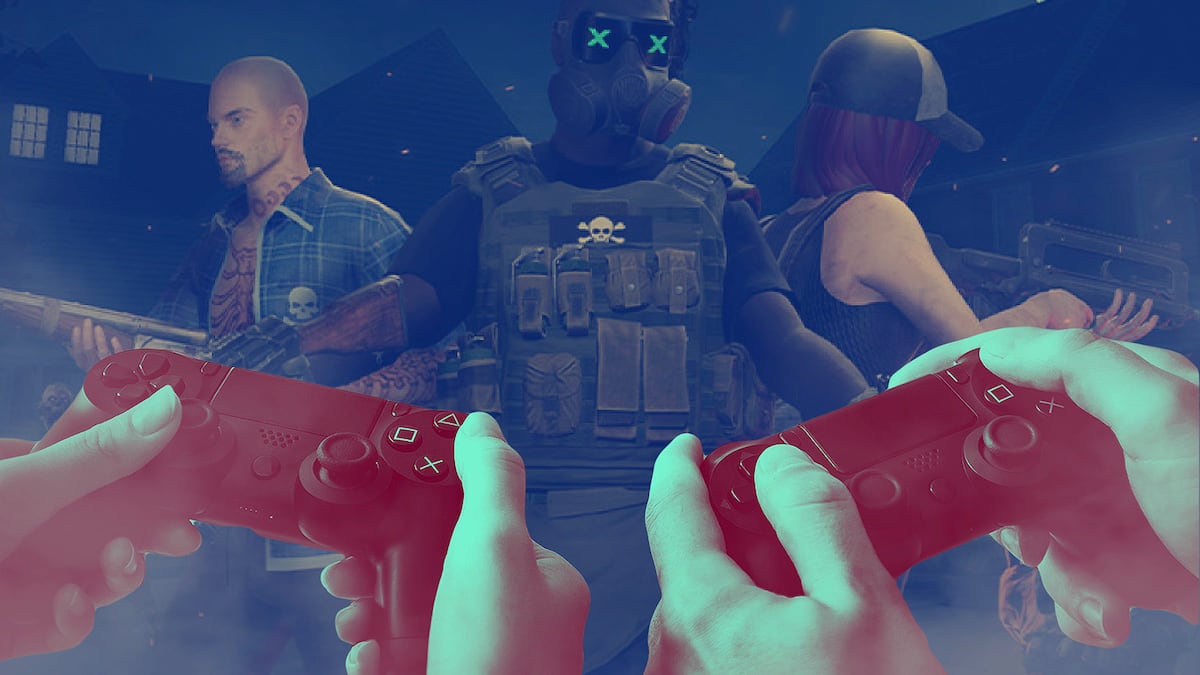- Would-be hit Undead Blocks halts withdrawals from staking pools in latest blow to blockchain-based games.
- Users underwhelmed by gameplay and financial speculation in web3 gaming space.
- Web3 gaming studios use of the coveted AAA game label is backfiring.
One hit. That’s what web3 gamers believe they need to shake off the doldrums of the last year and kickstart their industry.
Some hoped that blockbuster would be Wagyu Games’ Undead Blocks, a “kill-to-earn” zombie shooter released in February to much hype. Undead Blocks was a finalist in the best shooter category in Polkstarter Gaming’s GAM3 awards, an annual event for web3 games. And Wagyu says more than 137,000 people have played it.
It was not to be.
Last week, Undead Blocks halted withdrawals from its staking pools, which are an important feature in many web3 games. The game team cited problems “both on the blockchain and wallet side of the process such as locked wallets, cheaters, and hackers that have caused delays.”
Wagyu’s founder and executive director, Grant Haseley, a former Goldman Sachs analyst, stepped down for “personal reasons”, according to the games’ Discord.
Web3 push
It’s one of several web3 games that have hit roadblocks over the past few months. In July, ATMTA, the parent company for the Star Atlas strategy game, laid off about three-quarters of its staff due to funding issues.
Earlier this year, Neopets wound down its web3 push to redouble efforts on creating a product that its decades-old fanbase actually wanted. The list goes on: Community Gaming laid off 17 employees in April, gaming blockchain Immutable and Mythical Games have also let go of employees.
NOW READ: ATMTA, gaming firm behind Star Atlas, slashes 73% of workforce after FTX losses
Meanwhile, investors are making massive bets that blockchain-based games are poised for explosive growth. They ploughed more than $7.5 billion into web3 gaming in 2022, according to the Blockchain Game Alliance.
This year, web3 studios and gaming companies have raked in $4 billion in 200 funding rounds, according to DeFi Llama.
Basic and buggy
But web3 games are having a tough time finding a more mainstream audience. Games that brag about the importance of communities have dead Discords. Players complain that teams are regularly overpromising and under delivering. And purchasing pricey NFTs just to play is a turn-off.
Then there is the gameplay itself. Web3 games are good as long as you only compare them to other web3 games. Otherwise they’re basic and buggy.
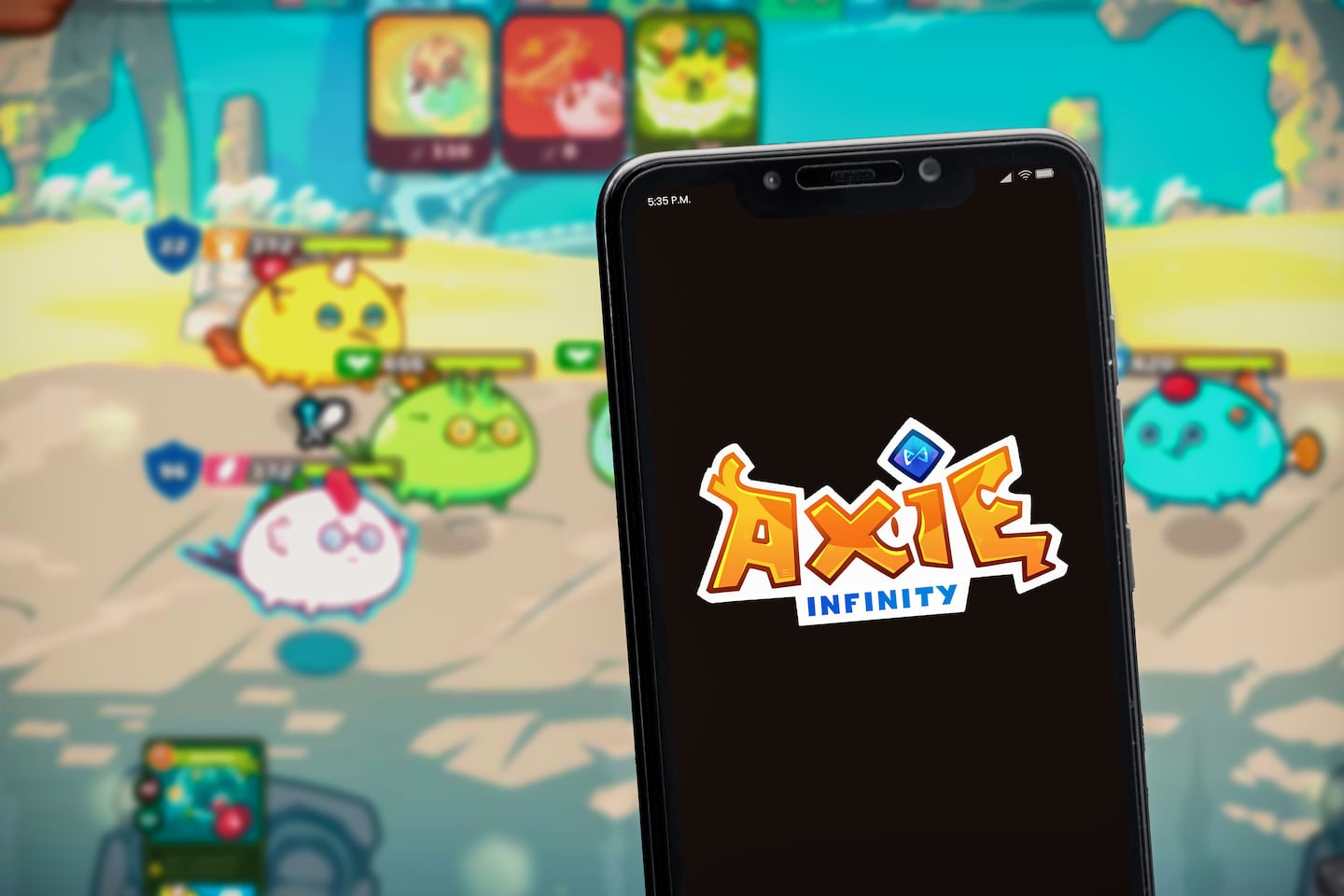
The crash of Axie Infinity is still a drag on web3 gaming. The player-versus-player battle game was a hit with crypto gamers, especially in developing economies during Covid who used its tokenomics as a source of income. In 2022, Axie’s AXS token plunged 96% and wiped out almost $10 billion in market value. Interest waned.
A new crop of web3 gamemakers are trying to shed the Axie Infinity “play-to-earn” image and make games that are fun rather than just economical.
So far, virtually none have succeeded. And Undead Blocks isn’t the only company getting a lesson on how building a web3 game is way more complicated than it looks.
The games gamers hate
To be fair to gaming studios, it’s a young space. New companies, some headed by people with no prior gaming experience, are trying to find their footing. Making a playable, engaging game takes a long time.
Web3 game studios are in a strange situation: they want to move away from appealing to speculators in NFTs and tokens. But the people they want to attract — gamers — often don’t want to play them.
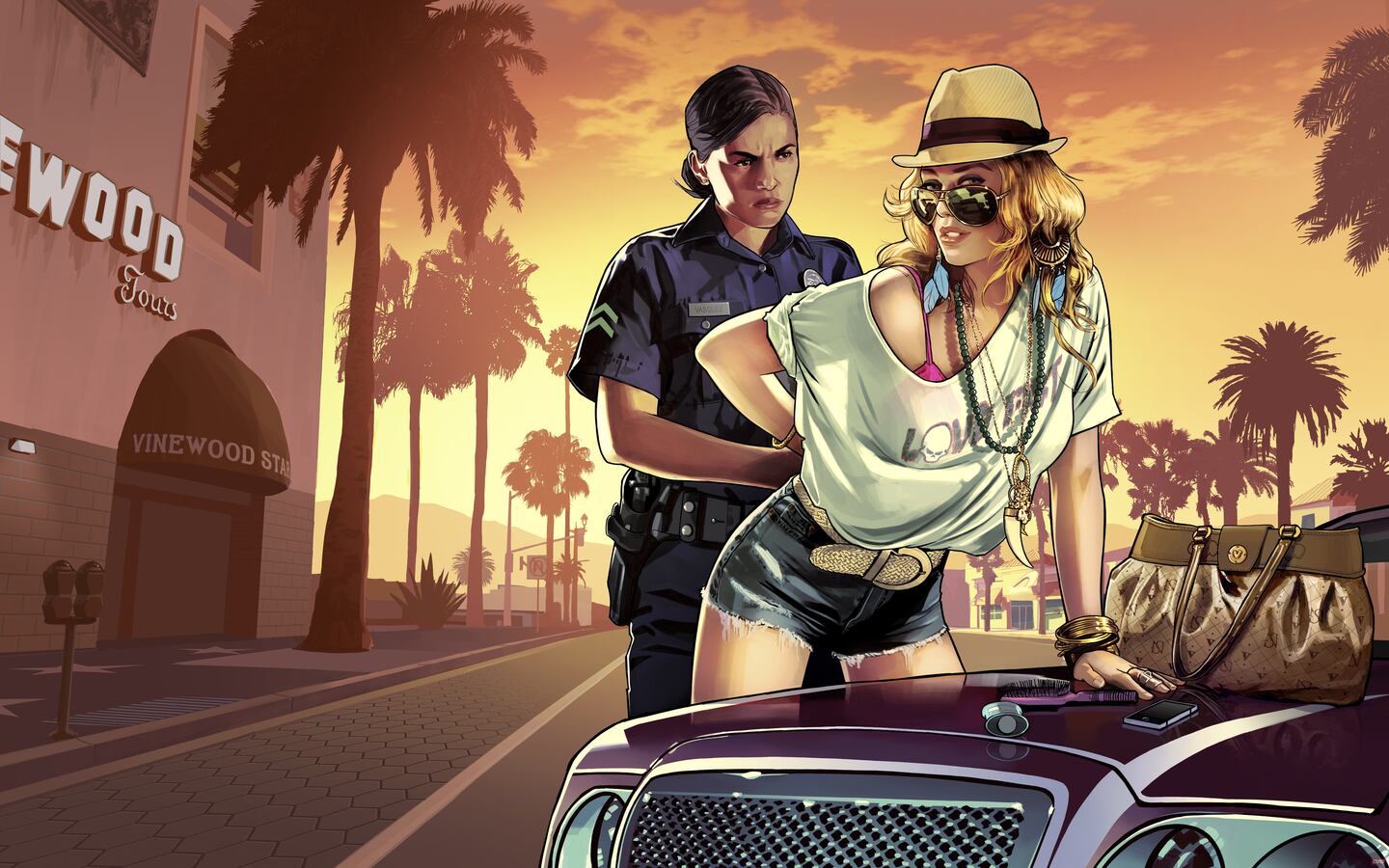
Most gamers see NFT integrations and gaming tokens as nothing more than a money grab. Rockstar Games and Mojang Studios banned NFTs from their online servers for Grand Theft Auto and Minecraft, respectively. Valve CEO Gabe Newell and Microsoft’s gaming CEO Phil Spencer have each expressed reservations about the value of fusing blockchain technology with games.
NOW READ: No more metaverse for Neopets — online gaming pioneer shuts down web3 venture after deal
When a popular brand has announced it’s doing something with NFTs, its fans have typically had meltdowns. Final Fantasy fans threatened to boycott the game when rumours sourfaced Square Enix was adding NFTs during a web3 push.
The benefits of the technology are suspect, the onboarding is confusing, and there’s a perception it’s just a way to take more money off players.
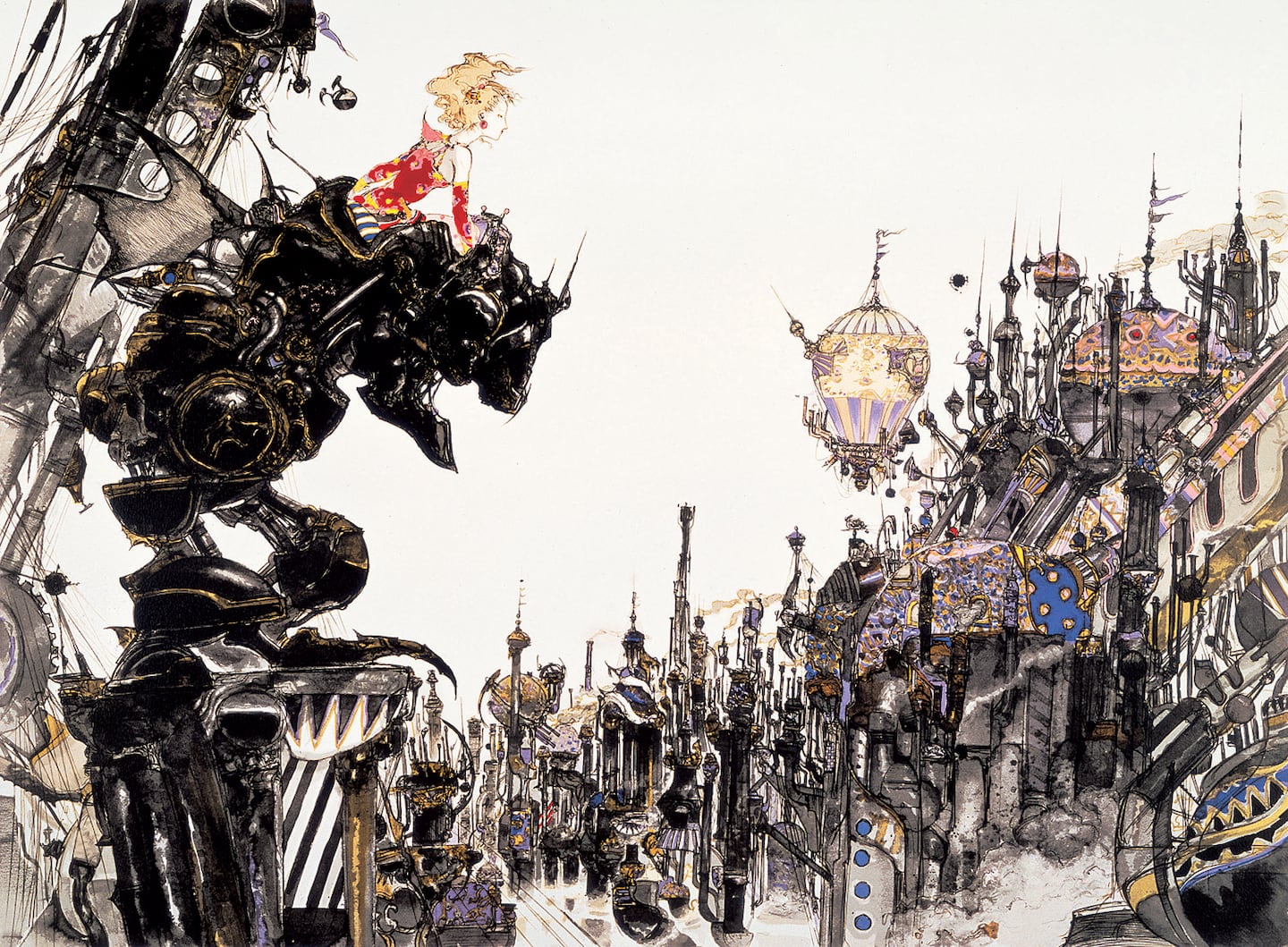
The NFTs required to fully play many web3 games are often expensive. An NFT avatar for Aurory is more than $500 and it splits players between those that have them, and those who do not.
Yuga Labs has released several games this year but they require a Bored Ape Yacht Club NFT to play, and they sport a floor price of just over 29ETH ($54,000). Moreover, NFT sales, tokens, liquidity pools and mining opportunities often come long before a playable game. That’s a problem.
As for how many people actually play web3 games, that isn’t an easy metric to determine, especially in a space rife with bots. A study last year by Jig Analytics suggested four out of every 10 web3 game players are in fact bots.
Last week, Undead Blocks’ director of business development Kyle Gordon shared the game’s metrics in a Discord ask-me-anything session. He said the game had received more than 167,000 downloads and 137,000 of them had played for at least one hour. Those numbers pale in comparison to the 30 million daily on Fortnite or battle royale game PUBG.
Stressed out
But only a few dozen people showed up to Gordon’s AMA. A lot of them were angry and the mood was a far cry from the excitement the game’s release enjoyed just a few months before. An acquaintance had messaged me expressing excitement for a web3 game you could play with a console controller. At the time, I considered Undead Blocks an upgrade over other web3 games.
In the AMA, a clearly stressed-out Gordon explained the reasoning behind halting withdrawals and tried to explain what was going on behind the scenes at Wagyu Games.
“We have fixed things and then we’ve had more problems off of things that we felt that we fixed. I just think some of it’s turned into a fucking disaster,” Gordon said.
‘We have fixed things and then we’ve had more problems off of things that we felt that we fixed. I just think some of it’s turned into a fucking disaster.’
— Kyle Gordon
The team is working on making new partnerships, and hiring a new dev team with a “large software company” to address the withdrawals from its staking service. Those that staked UNDEAD tokens for 12 months were promised a 90% APY, as well as a free NFT weapons package. Now players are stuck — they can’t withdraw their assets and move on.
Full hiatus
Last month, Tiny Colony, also based on the Immutable blockchain, went on “full hiatus.” Building and management simulator Tiny Colony announced it would migrate to the blockchain from Solana last year, but doesn’t seem to have managed to do so successfully.
Its creator, Arshia Navabi, said in Discord that he had made almost 40 pitches to VCs and investors this year but was struggling to attract interest.
“Although, all of which informed me that it is not a good time to raise and that I should stay in touch, which I have, and reach back out at a later date when the conditions for a raise are more optimal,” he said.
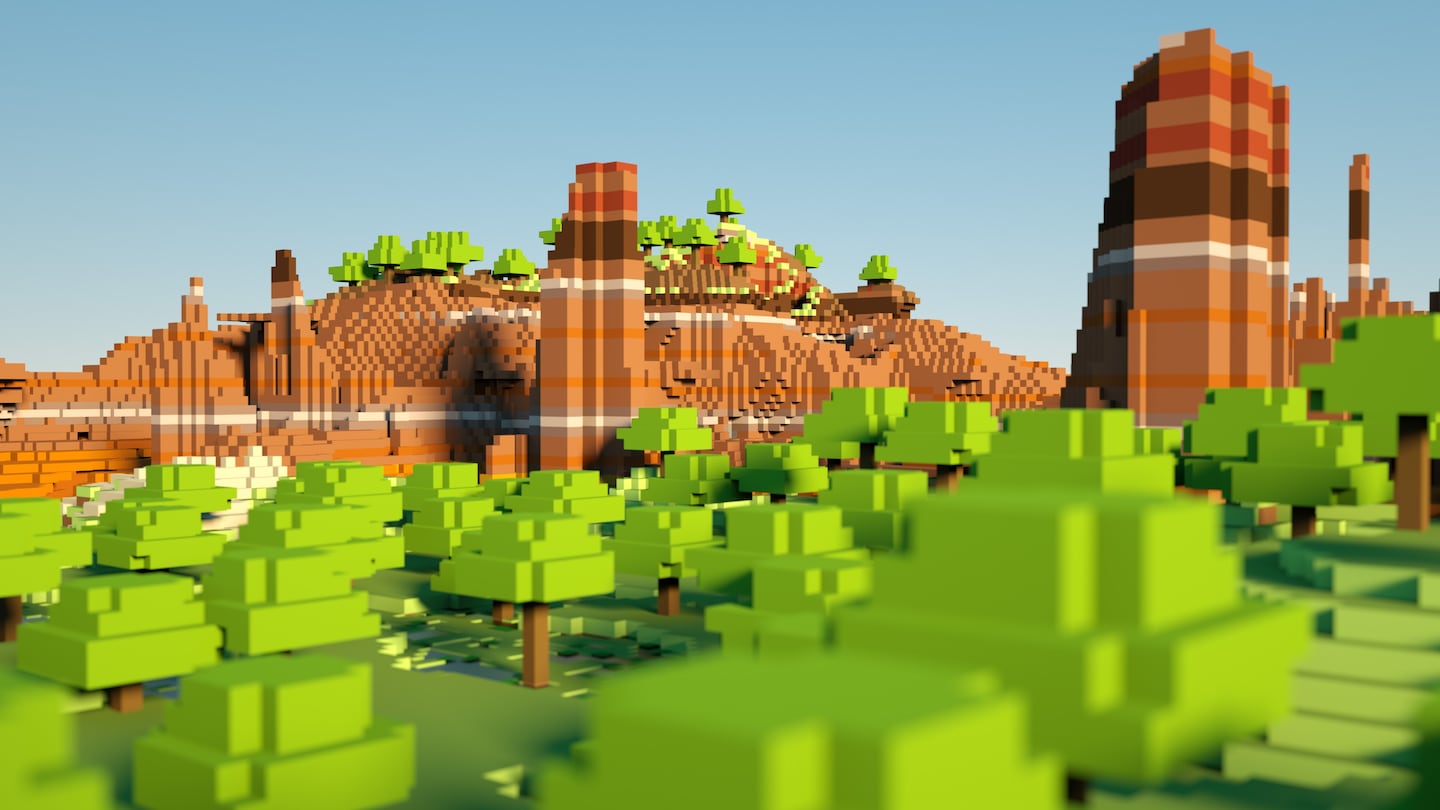
Describing Tiny Colony as a personal passion project he’d been working on since 2018, he said that it had faced “an ungodly amount of challenges” but will continue to push for funding to try to revive the project.
The slow rollout of games has also been exacerbated by the sheer ambition of some of them – particularly when the studio heads have never built a game before.
Problematic label
Several web3 gaming studios now call themselves AAA, a label typically reserved for a game made by a first-rate publisher with a big budget like Grand Theft Auto. In the web3 space, employing this term is more aspirational than real.
What matters is if a game is fun. In every interview I do with people working in the web3 gaming industry, I always ask the same question: excluding your own, what is your favourite web3 game? The same people’s faces light up talking about web2 games. They can wax lyrical for hours about childhoods playing Call of Duty or their latest Minecraft build.
But when it comes to web3 games, most struggle to name even one they like.
Correction: This article was updated to report that Rockstar Games published Grand Theft Auto, not Riot Games.
Callan Quinn is a Hong Kong-based DL News correspondent who covers the Asian crypto scene and the web3 gaming industry. Contact her at callan@dlnews.com.
